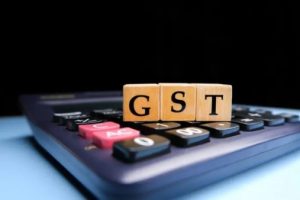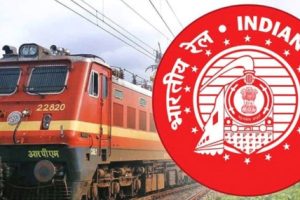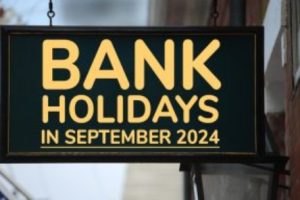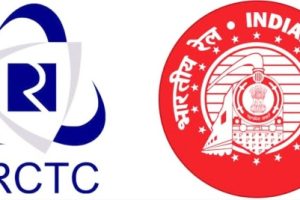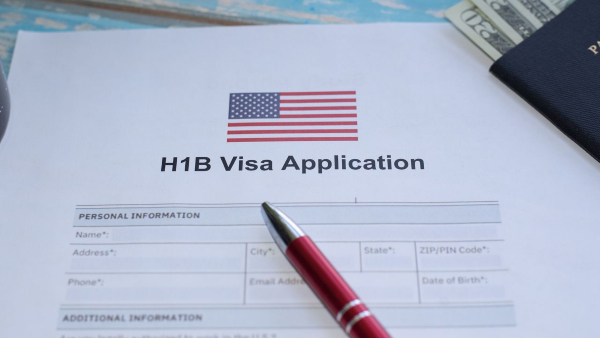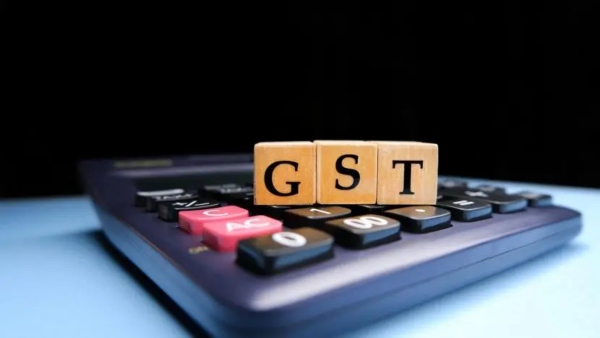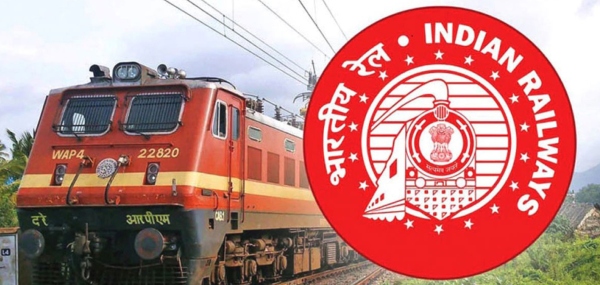The H-1B visa is a non-immigrant visa that allows US companies to employ foreign workers in speciality occupations that require theoretical or technical expertise
The US has completed a second round of random lottery selection for the much sought-after H-1B work visa for foreign guest workers and the successful applicants have been notified, according to a federal agency.
The H-1B visa is a non-immigrant visa that allows US companies to employ foreign workers in speciality occupations that require theoretical or technical expertise.
Technology companies depend on it to hire tens of thousands of employees each year from countries like India and China.
We now have randomly selected, from the remaining FY 2024 registrations properly submitted, a sufficient number of registrations projected as needed to reach the cap, US Citizenship and Immigration Services (USCIS) said on Tuesday.
All the successful applicants eligible for the H-1B visas for the fiscal year beginning October 1, have been notified about it, it said.
USCIS had to conduct an unprecedented second round of the H-1B lottery, which is held in the first week of April, mainly because of a large number of unqualified applications that were successful in the first H-1B lottery.
The large number of eligible registrations for beneficiaries with multiple eligible registrations much larger than in previous years has raised serious concerns that some may have tried to gain an unfair advantage by working together to submit multiple registrations on behalf of the same beneficiary, USCIS said.
This may have unfairly increased their chances of selection. We remain committed to deterring and preventing abuse of the registration process, and to ensuring only those who follow the law are eligible to file an H-1B cap petition, it said.
The federal agency said the H-1B electronic registration process, implemented in 2020 beginning with the fiscal 2021 H-1B cap, has dramatically streamlined processing by reducing paperwork and data exchange and provides overall cost savings to petitioning employers.
Historically, employers filed their full, and often voluminous, H-1B cap-subject petitions with USCIS during a five-day filing period, after which USCIS would select eligible petitions through a random selection process…..Read More
Source By: business-standard


